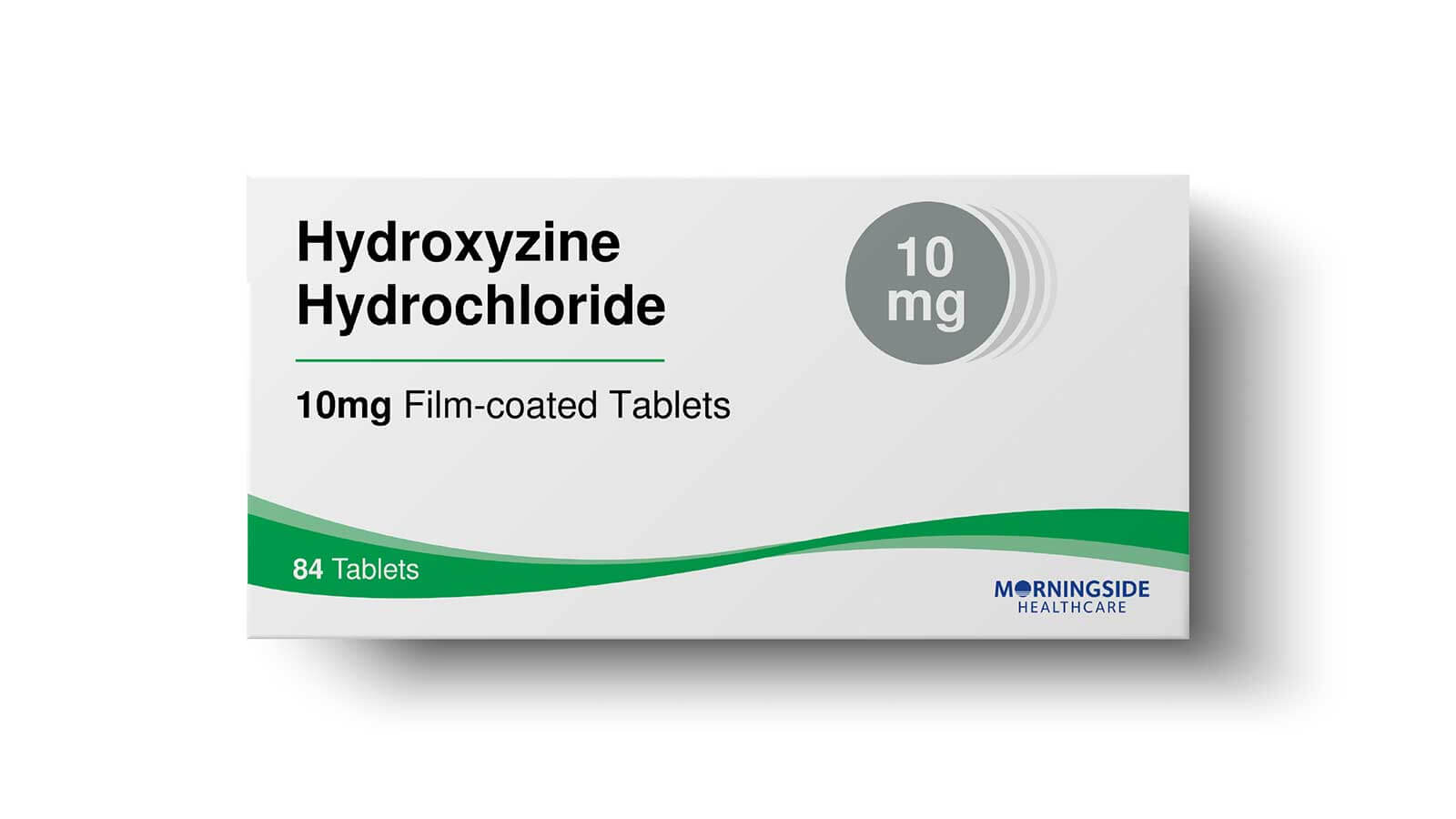Hydroxyzine: Health Benefits & Risks
What are the health benefits of hydroxyzine?
Hydroxyzine is an antihistamine medication that is used to treat itching caused by allergies, as well as anxiety and tension. Some of the health benefits of hydroxyzine include:
- Allergy relief: Hydroxyzine can help relieve itching caused by allergic reactions, such as hives or contact dermatitis. It works by blocking the action of histamine, a substance in the body that causes itching and other allergy symptoms.
- Anxiety relief: Hydroxyzine is sometimes used off-label to treat anxiety and tension. It has sedative properties that can help reduce feelings of anxiety and promote relaxation.
- Pre-surgery sedation: Hydroxyzine is sometimes used to sedate patients before surgery or medical procedures. It can help reduce anxiety and promote relaxation in preparation for surgery.
- Nausea and vomiting: Hydroxyzine can help reduce nausea and vomiting, especially when used in combination with other medications.
- Sleep aid: Hydroxyzine can cause drowsiness and is sometimes used as a sleep aid for short-term treatment of insomnia.
- Itch relief from eczema and dermatitis: Hydroxyzine may be used to relieve itching caused by eczema and dermatitis, although its effectiveness for this purpose is not well-established.
It’s important to use hydroxyzine only as prescribed by a healthcare provider and to follow their instructions carefully. Hydroxyzine can cause drowsiness and impair your ability to perform tasks that require alertness, such as driving, so it’s important to avoid these activities until you know how hydroxyzine affects you. If you have any questions or concerns about hydroxyzine, talk to your healthcare provider.
What are the health risks of hydroxyzine?
Hydroxyzine is generally considered safe when used as directed, but like all medications, it can cause side effects and carry certain health risks. It’s important to be aware of these risks and discuss them with your healthcare provider before starting treatment. Some of the health risks associated with hydroxyzine include:
- Drowsiness and sedation: Hydroxyzine can cause drowsiness and impair your ability to perform tasks that require alertness, such as driving or operating machinery. It’s important to avoid these activities until you know how hydroxyzine affects you.
- Dizziness: Hydroxyzine can cause dizziness, especially when standing up quickly. This can increase the risk of falls, especially in older adults.
- Dry mouth: Hydroxyzine can cause dry mouth, which can increase the risk of dental problems such as tooth decay and gum disease. Drinking water and practicing good oral hygiene can help alleviate this side effect.
- Blurred vision: Hydroxyzine can cause blurred vision, which can affect your ability to see clearly. It’s important to avoid driving or operating machinery if you experience this side effect.
- Urinary retention: Hydroxyzine can cause difficulty urinating or urinary retention, especially in men with prostate enlargement. If you experience difficulty urinating while taking hydroxyzine, contact your healthcare provider.
- Heart rhythm abnormalities: In rare cases, hydroxyzine can cause changes in heart rhythm, including QT prolongation, which can be serious. This risk is higher in people with preexisting heart conditions or those taking other medications that affect heart rhythm.
- Allergic reactions: Some people may experience allergic reactions to hydroxyzine, including rash, itching, swelling, or difficulty breathing. These reactions can be serious and require immediate medical attention.
- Other side effects: Other side effects of hydroxyzine may include headache, nausea, constipation, and confusion. If you experience any unusual or bothersome side effects while taking hydroxyzine, contact your healthcare provider.
It’s important to use hydroxyzine only as prescribed by a healthcare provider and to follow their instructions carefully. If you have any questions or concerns about hydroxyzine, talk to your healthcare provider.
TL;DR: Hydroxyzine Summary
Hydroxyzine is a prescription medication that is used to treat anxiety, tension, itching, and allergic reactions. It belongs to a class of drugs known as antihistamines, which work by blocking the action of histamine in the body. Hydroxyzine is also known as an anxiolytic (anti-anxiety) medication and can help manage anxiety and stress-related symptoms.
Hydroxyzine is available in various forms, including tablets, capsules, and oral solutions. It can also be administered as an injection for severe allergic reactions. The dosage and duration of treatment with hydroxyzine will vary depending on the individual’s condition, medical history, and response to treatment.
Hydroxyzine is commonly prescribed to manage symptoms of anxiety, such as restlessness, tension, and irritability. It is also used to relieve itching caused by allergies and skin conditions such as eczema or hives.
Common side effects of hydroxyzine may include drowsiness, dizziness, dry mouth, blurred vision, and constipation. More severe side effects may include difficulty urinating, confusion, tremors, or irregular heartbeat. It is important to seek medical attention if you experience any severe or persistent side effects while taking hydroxyzine.
Hydroxyzine can interact with other medications and supplements, so it is important to inform your healthcare provider about any existing medical conditions or medications you are taking before starting treatment with hydroxyzine.
It is important to follow your healthcare provider’s instructions closely while taking hydroxyzine and to attend regular follow-up appointments to monitor your response to treatment. Do not stop taking hydroxyzine abruptly, as this can lead to withdrawal symptoms. Talk to your healthcare provider if you wish to discontinue hydroxyzine or if you have any concerns about taking the medication.
If you have any questions or concerns about taking hydroxyzine, be sure to discuss them with your healthcare provider. It is important to seek medical advice if you have any concerns about your anxiety or allergies or experience any negative side effects while taking hydroxyzine.




